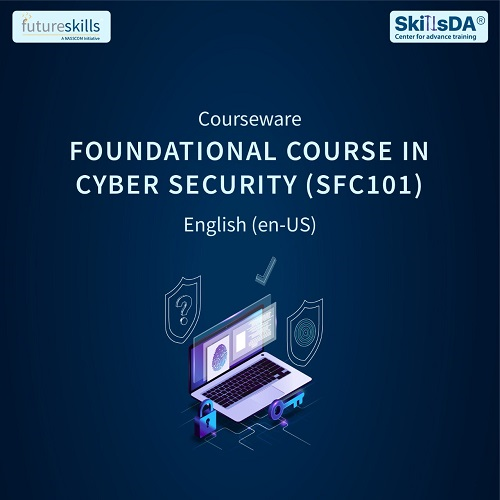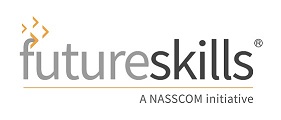Course Navigation Video
Unit 1: Cyber security and its importance
Unit 2: Different disciplines of cyber security
Unit 3: Cyber security threats and their types
Unit 4: Cyber security attacks and their applications
Unit 1: Basic concepts of networking
Unit 2: Network ports, Network protocols, Types of network devices and key networking terminologies
Unit 3: Basics of ping & traceroute and types of network
Unit 4: Fundamental concepts of OSI model
Unit 5: Network sharing and subnetting
Unit 6: Fundamental concepts of network infrastructure
Practical: 3 HoursThe module demonstrates how to s...
Unit 1: Understanding router model
Unit 2: Assigning IP address
Unit 3: Ways to use various commands
Unit 1: Basics of security testing and its importance
Unit 2: Basics of vulnerability scanning
Unit 3: Penetration testing and risk assessment
Unit 4: Risk assessment test
Unit 5: Security Audit and Posture Assessment Test
Unit 6: Ethical Hacking and Network Monitoring
Unit 7: Security Testing Tools
Practical: 3 HoursThe module demonstrates how to p...
Unit 1: Installing and using various tools
Unit 2: Information gathering
Unit 3: Perform and analyse various attacks
Unit1: Basics of Identity and Access Management & its Importance
Unit 2: Basic concepts of User Identification, Authentication and Authorization
Unit 3: User Identification and Access Management Policies
Unit 4: Tools used for Identity and Access Management in a public cloud platform
Unit 5: Access Control Models
Unit 6: Security Authorization And Encryption
Unit 7: Single Sign-On and Access Management Best Practices
Practical: 3 HoursThe module demonstrates Identity...
Unit 1: Demonstrate how to perform MFA in AWS
Unit 2: Demonstrate the ways to perform MFA in Azure
Unit 1: Basics of security controls
Unit 2: Security Policy and Frameworks
Unit 3: Basics of Incident Management and Incident Response
Unit 4: Basics of Incident Response Plan and Incident Communications Plan
Unit 5: Fundamental Concepts of Incident Monitoring and Identification
Unit 6: Disaster Mitigation and Containment
Unit 7: Business Continuity Planning and Disaster Recovery
Unit 8: Cyber Security Investigation
Unit 9: Basics of a Backup and Recovery Plan
Unit 10: Basic concepts of RTO (Recovery Time Objective) and RPO (Recovery Point Objective)
Practical: 3 HoursThe module demonstrates how to c...
Unit 1: Disaster recovery plan
Unit 2: Describe service replication and how it can be performed
Unit 1: Basics of security forensics & its types
Unit 2: Understanding of system logging and security monitoring
Unit 3: Fundamentals of Continuous Security Monitoring
Unit 4: Techniques for Continuous Security Monitoring
Unit 5: Basics of Data Loss Prevention and its importance
Unit 6: Basic understanding of change and configuration management
Unit 7: Security monitoring tools
Practical: 3 HoursThe module demonstrates how to d...
Unit 1: Installing & Configuring various tools
Unit 2: Creating rules & understand security logs & log sources




